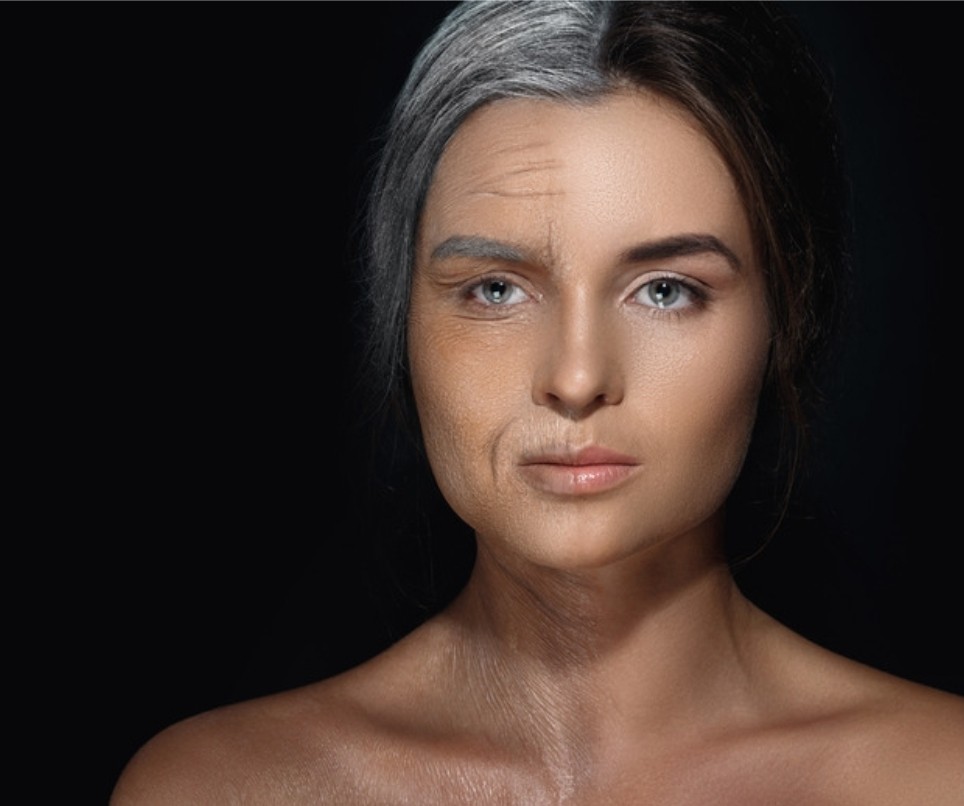Factors to Consider When Choosing Oils
Before diving into the best and worst oils, it’s important to understand the key factors to consider when selecting oils for cooking and nutrition:
- Smoke Point: High smoke points are better for cooking at high temperatures. Oils with low smoke points are best for dressings and low-heat applications.
- Nutrient Profile: Oils rich in monounsaturated and omega-3 fatty acids provide numerous health benefits
- Processing: Opt for cold-pressed, unrefined oils to retain nutrients and avoid harmful compounds.
- Flavor and Use: Some oils are better suited for specific culinary applications, such as baking, frying, or drizzling on salads.
The quality and source of the oil, along with how it is used in cooking, significantly impact its health benefits or risks. Using a variety of healthy oils and fats, and choosing them based on their smoke points, can greatly enhance your overall nutritional well-being.
The Best Oils for Health
These oils are often rich in monounsaturated and omega-3 fatty acids, known for their anti-inflammatory properties.
1. Extra Virgin Olive Oil
- Benefits: Rich in antioxidants and anti-inflammatory properties.
- Smoke Point: 320-375°F (160-190°C)
- Uses: Ideal for salads, low-heat cooking, and finishing dishes.
2. Avocado Oil
- Benefits: High in monounsaturated fats and vitamin E, supports heart health.
- Smoke Point: 520°F (271°C)
- Uses: Excellent for frying, grilling, and sautéing.
3. Coconut Oil
- Benefits: Contains medium-chain triglycerides that boost metabolism.
- Smoke Point: 350°F (177°C)
- Uses: Great for baking, skincare, and cooking at moderate temperatures.
4. Flaxseed Oil
- Benefits: High in omega-3 fatty acids, supports heart health.
- Smoke Point: 225°F (107°C)
- Uses: Best used cold in smoothies or drizzled over dishes.
Oils to Avoid
Some oils can contribute to inflammation and health issues due to their high omega-6 fatty acid content and low nutrient value.
1. Soybean Oil
- Concerns: High in omega-6 fatty acids, linked to inflammation.
- Smoke Point: 450°F (232°C)
2. Corn Oil
- Concerns: Similar to soybean oil, may negatively impact health.
- Smoke Point: 450°F (232°C)
3. Canola Oil
- Concerns: Highly processed and may contain GMOs.
- Smoke Point: 400°F (204°C)
Final Thoughts
Choosing the right oils can enhance your nutrition and support a healthy lifestyle. Focus on nutrient-dense, minimally processed oils, and avoid those with high inflammatory properties. Incorporating healthy oils into your diet can improve cardiovascular health, support weight management, and contribute to overall well-being.






